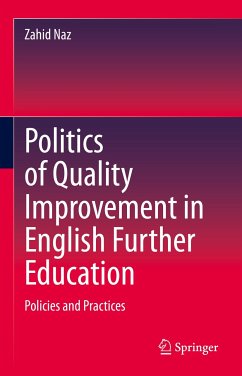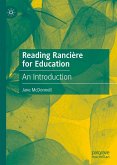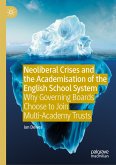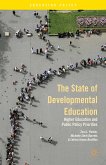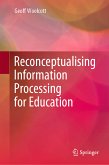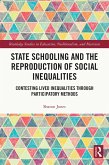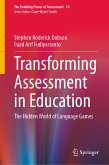This book offers a rich account of how quality improvement agendas, informed by neoliberalism, create contradictory and complex contexts in which teachers produce different types of practices for specific purposes. Drawing on Michel Foucault's analytical tools, archaeology and genealogy, this book weaves together findings from classroom observations, field notes and interviews to explore the dichotomies between practices focussing on day-to-day pedagogies and practices concerned with performance management and accountability initiatives. By attending to a Foucauldian conception of power and counter conduct, it explores new means of defining quality in teaching spaces. After considering existing quality assurance judgements, the book illuminates the significance of moving slightly away from an institutionalised enterprise culture and loosing relations with reductionist approaches as a starting point. While doing so, it reworks the idea of quality by presenting other ways of looking at the complex character of pedagogical real(s) with new insights into an emergentist and process-oriented conception of teaching practices.
The book argues that we need to unlearn our existing knowledge of quality that overlooks contextual constraints and opportunities enmeshed in teaching practices. It questions the assumptions that the existing methods of observation are capable of quantifying the quality of education in a classroom or in a college in toto. By introducing the idea of documentisation, the book breaks new theoretical ground to show that this so-called system of robust accountabilities is not as self-evident as we believe and why we must rethink quality by unthinking our current common sense.
Written for researchers in educational studies, practising teachers and policy makers, this book combines profound insights from theory and contemporary teaching practices with clear guidelines as to how educational policy making should be approached.
Dieser Download kann aus rechtlichen Gründen nur mit Rechnungsadresse in A, B, BG, CY, CZ, D, DK, EW, E, FIN, F, GR, HR, H, IRL, I, LT, L, LR, M, NL, PL, P, R, S, SLO, SK ausgeliefert werden.

